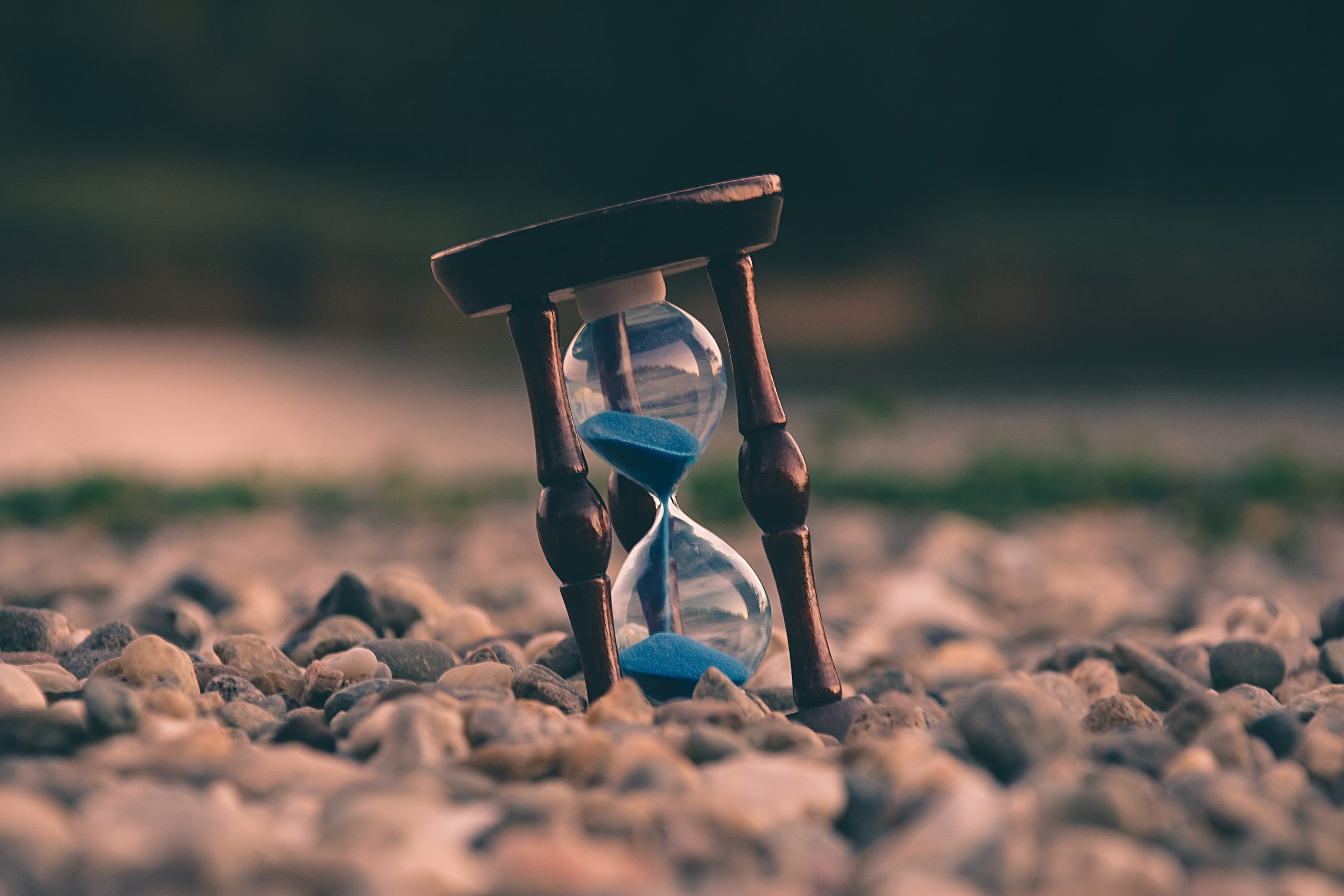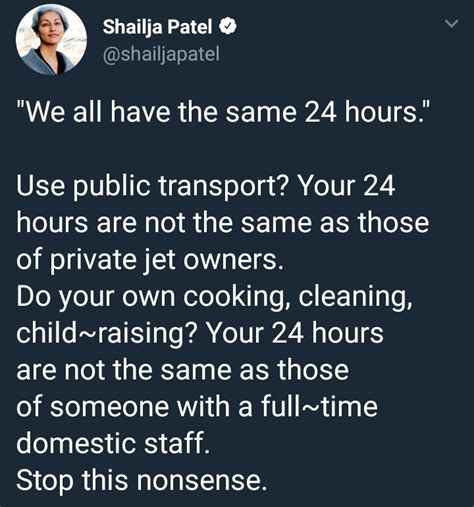
What are Time Inequaliy and Time Poverty?
People often like to say that we all have the same 24 hours in a day. The implication here is that success is not determined by how much time you have, but how efficiently you use it. And indeed, this myth of efficiency is often repeated. From analysing the daily routines of CEOs, to dissecting the habits of successful people – we love to propagate the idea that maximising efficiency is the key to success. But is it really? And do we all truly have the same twenty-four hours in a day?
The Myth of Lone Success
There is no argument that wealth can help open many doors. In recent years many people in the entertainment industry have been earmarked as “nepo babies”, having benefited from their parents’ industry connections or wealth. This kind of nepotism, entirely unrelated to whether one is truly talented or not, is not limited to music, film, and fashion. Behind many successful entrepreneurs are parents, with South African emerald mines, connections to IBM executives or the kind of cash to give $100,000 loans, that pave the way for their genius children [1].

Being wealthy makes for an easy start, but it also makes for an easier journey. Having the disposable income to hire household staff means your twenty-four hours look very different to those of someone who does their own cleaning, cooking, and parenting. The above tweet by Kenyan author and political activist Shailja Patel zeroes in exactly on the myth of the twenty-four hours – arguing that “your 24 hours are not the same as those of private jet owners”.
Consider the hours you might spend commuting, cleaning your house, preparing meals, and taking care of your children. Or perhaps, the time you spend researching an upcoming holiday trip, organising essential maintenance, or picking up medication from the pharmacy. With enough money these are tasks that can simply be delegated to a helper, freeing up hours upon hours of time in your day.
This relationship between money and time critically underpins how our society works; the wealthier you are, the more time you have available [2].
Time Poverty and Paying the Time Tax
“The richer you are, the more your time is your own – not only are many systems arranged with your convenience in mind, but you also command the social power to do something about systems that abuse your time.”
Cory Doctorow, author, activist, and journalist
Its easy for me to simply say the rich live an easier life, and to argue that the hiring of household staff frees up this time. But the income and privilege you have available to you make a measurable difference.
A recent study showed that high-income people often wait less time, or no time at all, for goods and services like medical care, educational, legal, or financial services. On average a person with low-income spends 73 hours a year more than someone with higher income. Almost three out of 356 days in a year does not sound like a staggering gulf, but it dislocates the idea that we all have the same amount of time available to us.
The concepts of time inequality and time poverty are not new to the social sciences. There are many monographs and articles which focus on how people with lower incomes experience time poverty – a lack of time for rest and leisure after accounting for all types of labour someone must perform. Chronic time poverty can lead to worse socio-economic outcomes, as well as having negative effects on mental and physical wellbeing.
Time vs. Money vs. Effort
This might seem dramatic, but the sweep of homeworking caused by the pandemic is a very good illustrator of this. Many people realised how much time and effort they spent commuting, often hours a day, which they could suddenly use to sleep in longer, cook nicer meals or spend time with their pets. Beyond any kind of rhetoric about the benefits of remote working or four-day work weeks, this extra leisure time is likely one of the major reasons why many enjoy the normalisation of homeworking.
There is also the basic math of time versus money we often do. When house hunting, do you look for a cheaper place further from work, or something more expensive with a shorter commute? Do you take a plane, which is potentially more expensive than a coach, but is also much quicker? Do you endure public transport, or call an expensive taxi to take you directly to your destination?
Money is time, and if you can afford it, you can buy a lot of time. From cutting down on travel time, to outsourcing chores and childcare, your twenty-four hours suddenly have near unlimited potential for productivity and success.
The myth of meritocracy is an attractive one: the idea that through individual talent and hard work you might become as fabulously successful or wealthy like perhaps Beyoncé or Bill Gates. But the idea that particular habits or ways of behaving are what creates successful people, cleverly hides their support structures of employees and caretakers, who are allowing them to be as successful as they are.
Sources
“Time inequality” is the real problem, not income inequality – Big Think
Against Time Inequality: A Framework for Progress
Entrepreneurs are great, but it’s mom and dad who gave them their start | Gene Marks | The Guardian
Let’s stop saying we all have the same 24 hours in a day
The Myth of Meritocracy: We all have the same 24 hours in a day. — Res Publica
[1] Think Elon Musk, Bill Gates or Mark Zuckerberg.
[2] The 2011 sci-fi film In Time has a premise that reflects this: the rich living in perpetual youth and immortality while the poor are ever in danger of literally running out of time, and dying.

